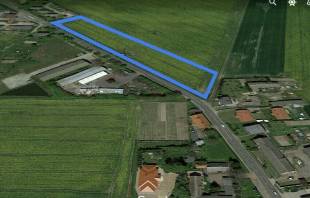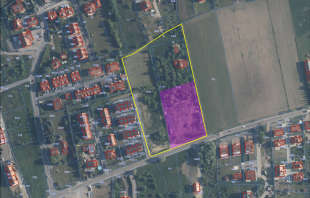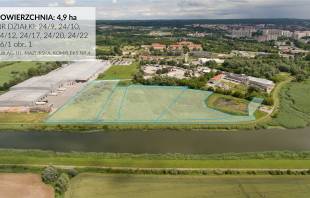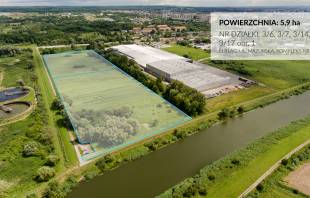For over 20 years of operating, the modern office market in Poland has undergone some far-reaching changes. First modern office buildings were developed at the beginning of the 90s and are often far from meeting the current market standards. In many cases, these developments are undergoing thorough modernisation or are being demolished in order to make way for new investments which are better suited to the current market reality.
The evolution of the office market affects not only the demand side but also the supply side. Together with the inflow of foreign businesses, a new idea for workplace organisation has appeared in the Polish office market. Work, which until recently took place in cellular offices, has evolved to the open space concept. Over time, the needs of typical office tenants have also changed. Office occupiers started paying attention to the surroundings of office buildings, such as canteens, restaurants, cafes, bicycle parking places or venues, where it is possible to spend free time after work.
The modern office is no longer merely a space in which an employee performs activities for the employer. It has rather changed into a place in which a significant part of worker’s life takes place. The scope of this study is to present the most important trends regarding tenant expectating for office space. In order to do that, CBRE has conducted a survey among enterprises located in modern office buildings. The respondents were to answer questions regarding both their current preferences and plans related to their future activities. The group to participate in the study consisted mostly of entities based in Warsaw. The selected firms operate in various sectors of the economy and are characterised by diverse scales of employment. Although the majority of respondents have their principal place of business in Warsaw, the findings of the survey are also important in the case of regional markets.









































